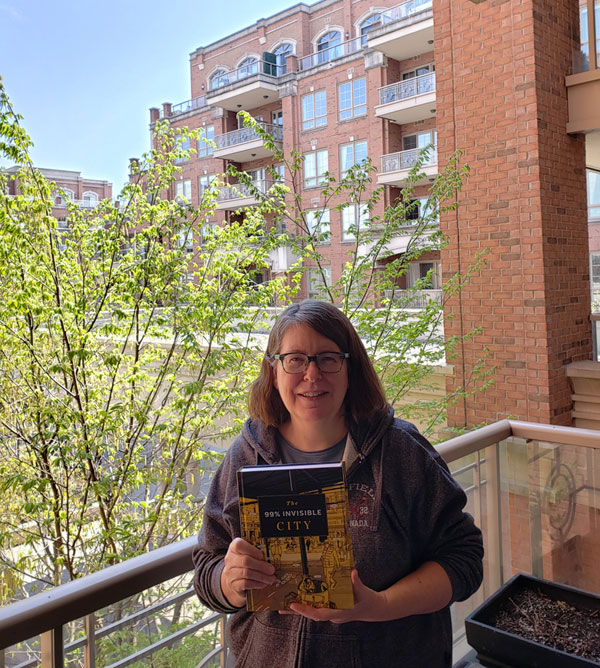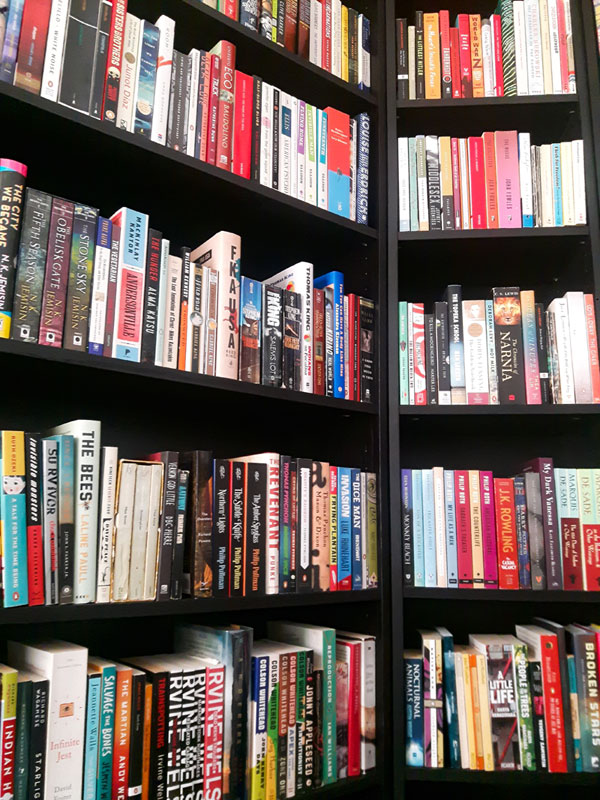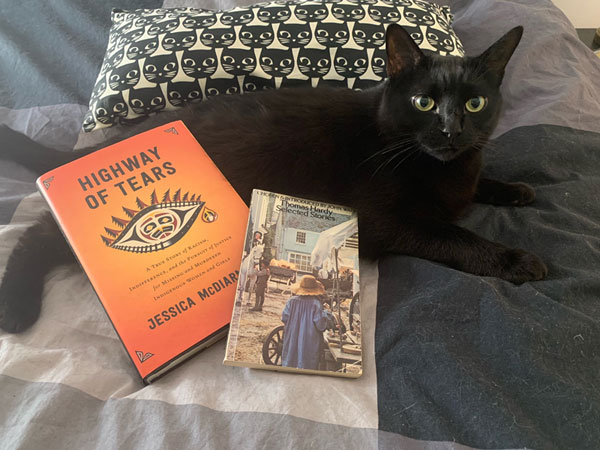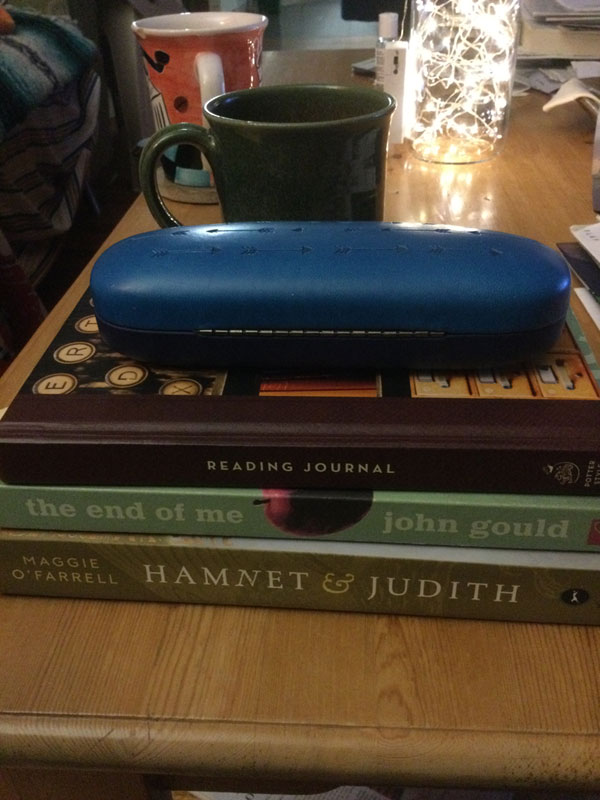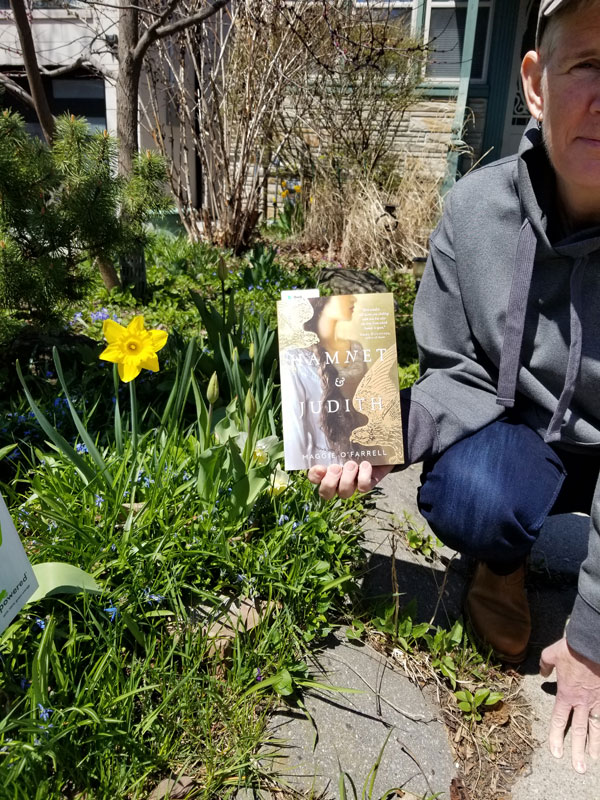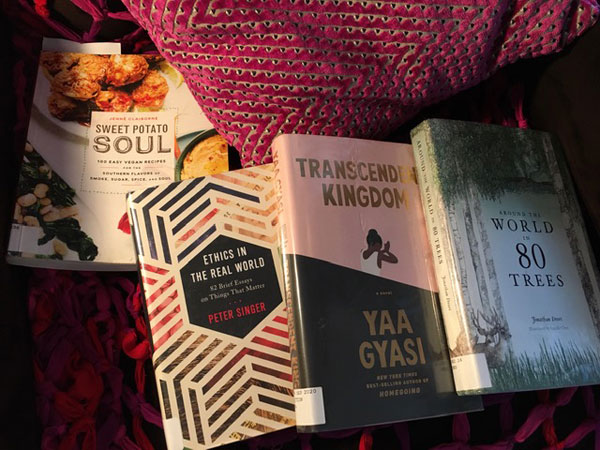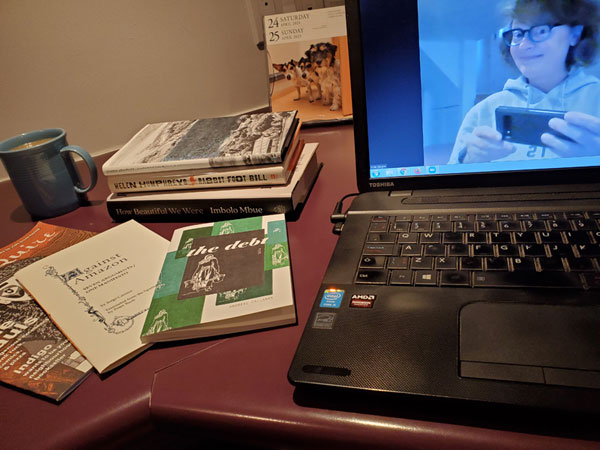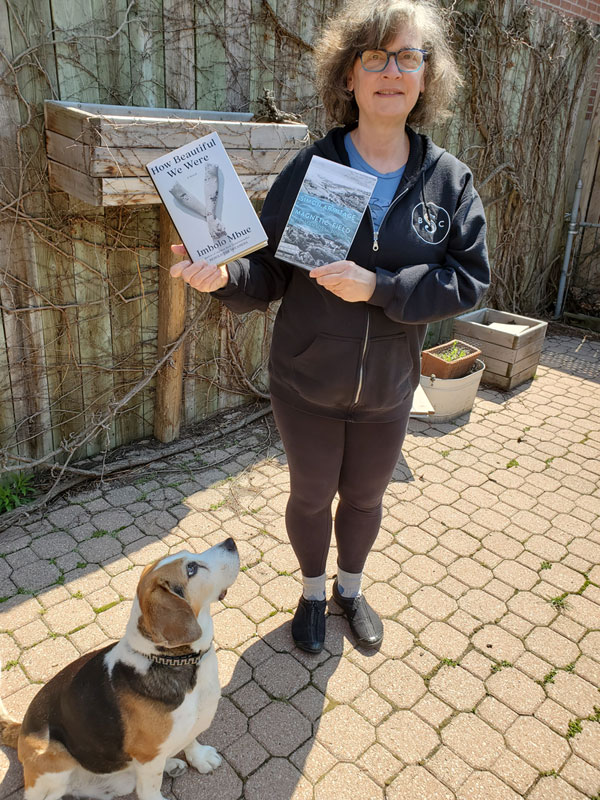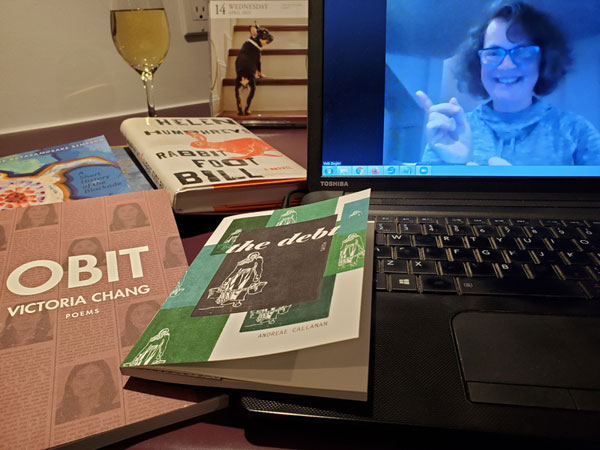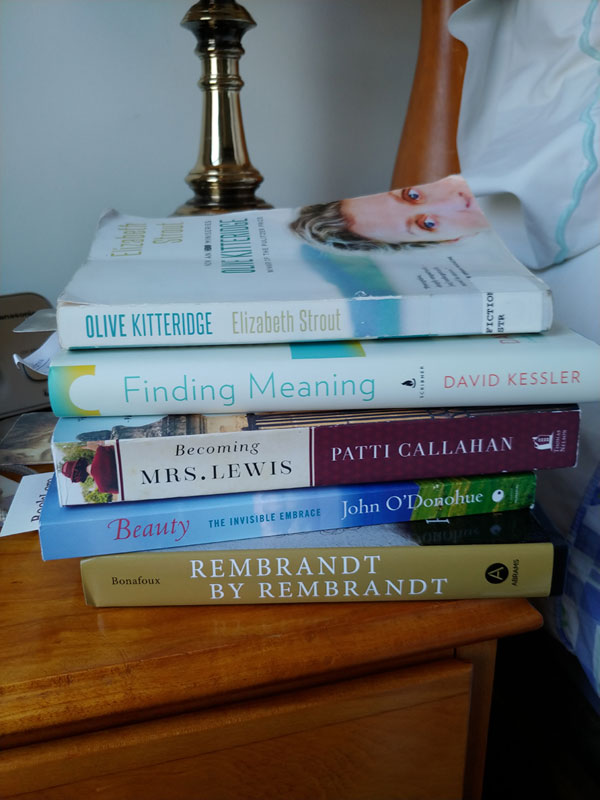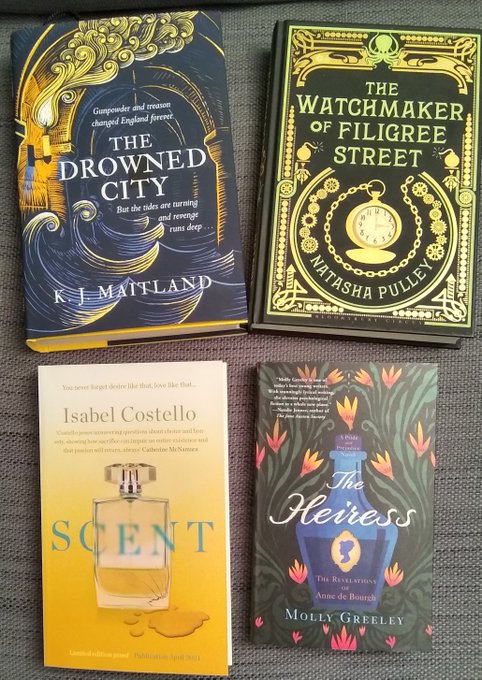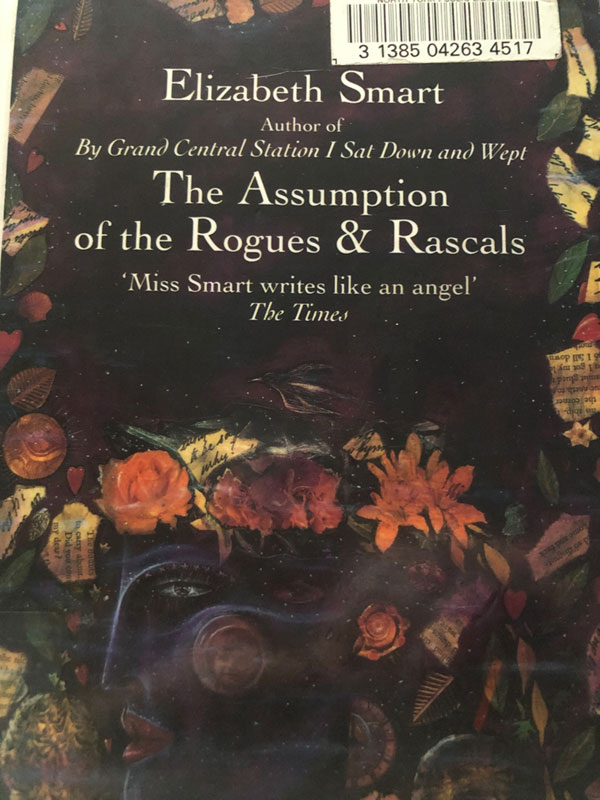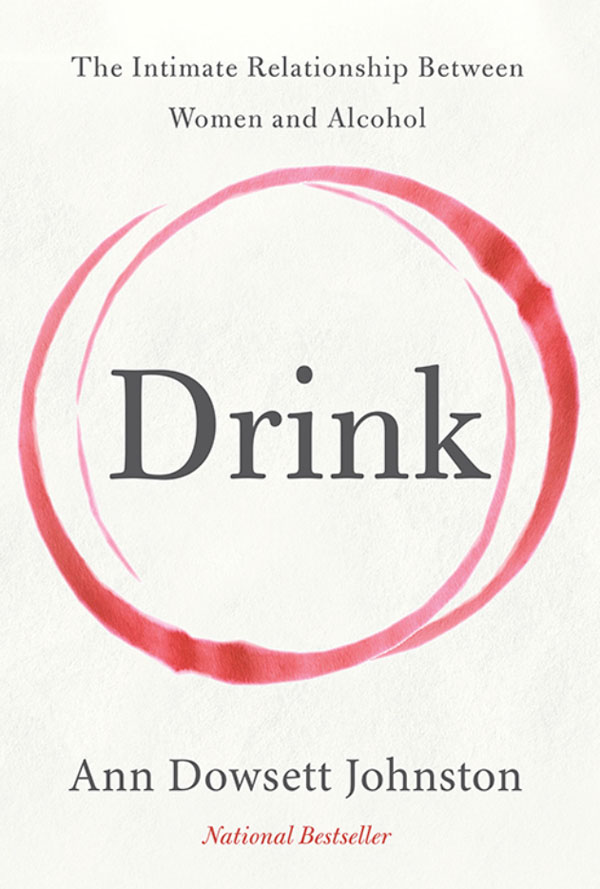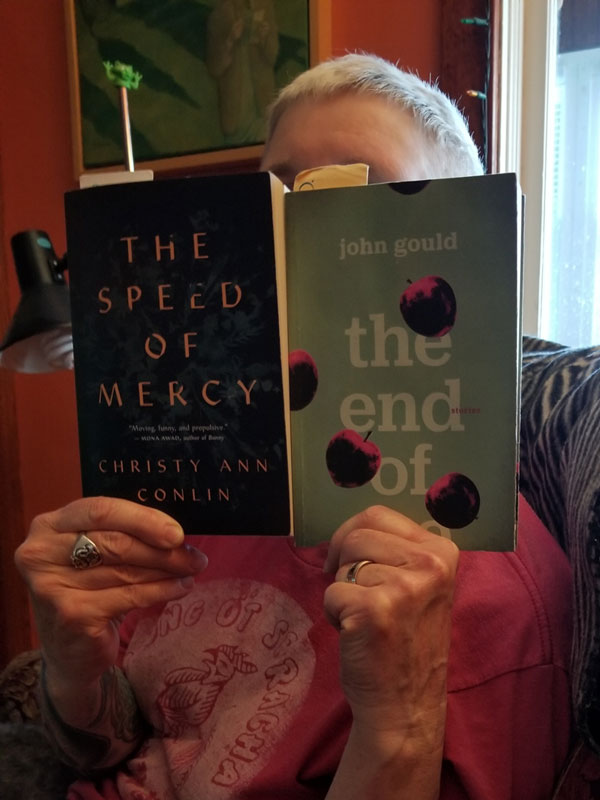Many thanks to Toronto silent book club member Sundus Butt for the first of what we hope will be an ongoing series of mini-reviews and previews of young adult (YA) titles and recommendations. Sundus introduces this first installment.
After the suggestion of reading more YA titles emerged from our Silent Book Club, Vicki kindly offered to post a list of YA books that I’ve enjoyed throughout the years. I love adult fiction, but the YA section (9–12 in particular) is also full of incredible writing. There is a sea of wonder, heartbreak, and warmth that feels specific to this age group and it’s why I keep returning to it.
This will be an ongoing list with more book titles posted at the end of each month.
I sincerely hope you enjoy some of the titles that I mention.
Happy reading!
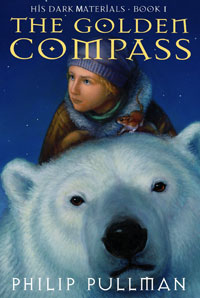
The Golden Compass by Philip Pullman
by Philip Pullman (10+)
The sight filled the northern sky; the immensity of it was scarcely conceivable. As if from Heaven itself, great curtains of delicate light hung and trembled. Pale green and rose-pink, and as transparent as the most fragile fabric, and at the bottom edge a profound and fiery crimson like the fires of Hell, they swung and shimmered loosely with more grace than the most skillful dancer. Lyra […] was moved by it: it was so beautiful it was almost holy; she felt tears prick her eyes, and the tears splintered the light even further into prismatic rainbows.
I’m beginning this list with a well-known book, but it’s one of my all-time favourites. I can’t fully explain how much it meant to come across Lyra when I was a young reader (strong female protagonists were rare in YA at the time). She was a complex jumble of fierceness, intelligence, and vulnerability. Following her on an adventure to rescue her kidnapped friend, Roger, was a delight. The story is populated with brilliant characters and an amazing world that is at once familiar and distant. The fantastical elements of dæmons, witches, and armoured bears are melded perfectly with real places and objects. Everything from this book has stayed with me as I’ve grown up.
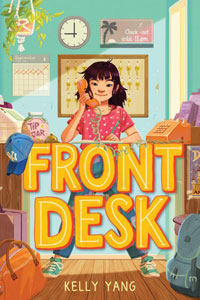
Front Desk by Kelly Yang
by Kelly Yang (9–12)
“Why put a scary part in the middle of a beautiful piece?” I remember asking my piano teacher.
“Because life is scary sometimes, little one,” he had said.
After immigrating to the U.S. from China, Mia and her parents have had a difficult time. But they think their luck has turned when they get a chance to run a motel.
Based on Yang’s own experiences growing up, the story touches on a large range of issues from racism to exploitation of immigrant workers to poverty. The seriousness of what happens is skillfully balanced with the warmth of Mia and other characters. The overarching message is one of love and hope in the face of hardship, and it’s what makes Front Desk a book with such great heart.
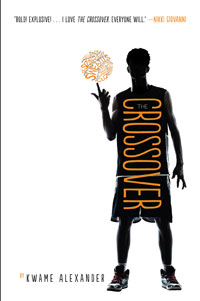
The Crossover by Kwame Alexander
by Kwame Alexander (9+)
[…] ever since I watched the clip of Dad […] soaring through the air—his long twisted hair like wings carrying him high above the rim—I knew one day I’d need my own wings to fly.
This novel written in verse follows twin brothers Josh and Jordan as they navigate basketball, school, crushes, and family life. With sparse text, Alexander is able to convey so much and create full characters you empathize with. Everything is channelled through Josh’s perspective, and his voice is entirely convincing as a teen dealing with his life changing on and off the court. The Crossover has a large focus on basketball, but it’s used to explore the struggle of growing up and the love within a family. It’s a very short read, but an engaging one.
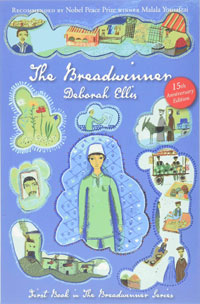
The Breadwinner by Deborah Ellis
by Deborah Ellis (teen)
Parvana was fresh out of hope. […] She crawled onto the toshak, covered herself with a quilt and resolved to stay there forever.
For two days she stayed on the toshak. “This is what the women in our family do when we’re sad,” she said to Mrs. Weera.
“They don’t stay there forever,” Mrs. Weera said. “They get up again, and they fight back.”
The above describes The Breadwinner in a nutshell. The story is primarily about the defiance and strength of women and girls in Taliban-occupied Afghanistan.
When 11-year-old Parvana’s father is arrested, the family decides to disguise Parvana as a boy so she can go outdoors to work and pick up food (women aren’t allowed outside without a male chaperone).
The story is short, but it’s a hard-hitting, unvarnished look at life under the Taliban regime. But from Parvana’s daily deception to a subversive magazine organized by Parvana’s mom and family friend, Mrs. Weera, the focus is on resilience and the incredible things people can do in the face of adversity.
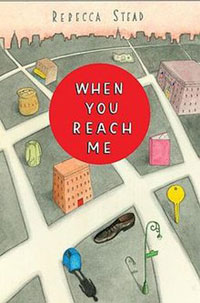
When You Reach Me by Rebecca Stead
by Rebecca Stead (9–12)
I walked up the hill, where the sunlight seemed to touch everything like it was a hyper kid running all over a toy store—it bounced off the dirty metal lampposts, the shiny brass awning posts, even the sunglasses of a woman walking her dogs with a cup of coffee in one hand. Everything shined.
This book is a mesh of real life with slight mystery and science fiction. The story follows Miranda, a sixth grader living in New York City as she starts to receive cryptic anonymous messages about the future.
This book is so well crafted. The plot, the pacing, and the revelations are all balanced out beautifully in a story based on single moments having huge unforeseen consequences.
And the main characters are all very real with some goodness, humour, and flaws. (The interactions between Miranda, her mom, and her mom’s boyfriend, Richard, are heartwarming.) But it’s Miranda’s growth that’s the highlight of the story, as she learns to look at the people around her and realize they aren’t always what they seem.
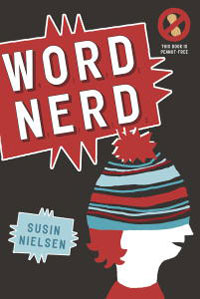
Word Nerd by Susin Nielsen
by Susin Nielsen (teen)
It dawned on me that this was what it was like to have friends. People who liked you for you. People you didn’t have to try to impress.
Set in Vancouver, this story follows 12-year-old Ambrose who is homeschooled because he’s been bullied so badly. Ambrose is not a “normal” kid. He doesn’t wear cool clothes, he has no filter when he speaks (which annoys children and adults alike), and he loves Scrabble.
Word Nerd is full of unique characters that you feel for from Ambrose himself to his well-meaning, but overprotective mom to the kind landlords and their grown son Cosmo. All these people (and more) help Ambrose in his search for acceptance, and he realizes that some of the best friendships are found in unexpected places.
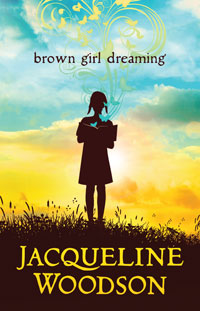
Brown Girl Dreaming by Jacqueline Woodson
by Jacqueline Woodson (10+)
How amazing these words are that slowly come to me.
How wonderfully on and on they go.
Will the words end, I ask whenever I remember to.
Nope, my sister says, all of five years old now, and promising me
infinity.
This book explores Woodson’s childhood in verse. It’s a short read, but paints a full and vivid picture of being torn between the north and south (Woodson grew up in both New York and South Carolina), learning about the civil rights movement, navigating religion, falling in love with stories (in particular making them up), trying to forge your own identity, and cherishing the simple joys of a family. Woodson clearly loves language and writing, and it shines through from beginning to end.
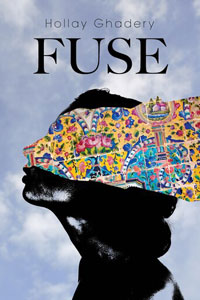 Fuse, by Hollay Ghadery, is a remarkable book. I’ve seen it labeled “memoir,” but I’d describe it as a collection of personal — very personal — essays. Organized around themes, the chapters include poetic fragments and reflections, narratives and insights, considerations and re-considerations. Instead of building to a narrative climax, this rich material forms a mosaic, a representation of a life that’s coherent but still in progress. Ghadery deftly supplements her lived experience with background information to give readers insight into a larger cultural context.
Fuse, by Hollay Ghadery, is a remarkable book. I’ve seen it labeled “memoir,” but I’d describe it as a collection of personal — very personal — essays. Organized around themes, the chapters include poetic fragments and reflections, narratives and insights, considerations and re-considerations. Instead of building to a narrative climax, this rich material forms a mosaic, a representation of a life that’s coherent but still in progress. Ghadery deftly supplements her lived experience with background information to give readers insight into a larger cultural context.
